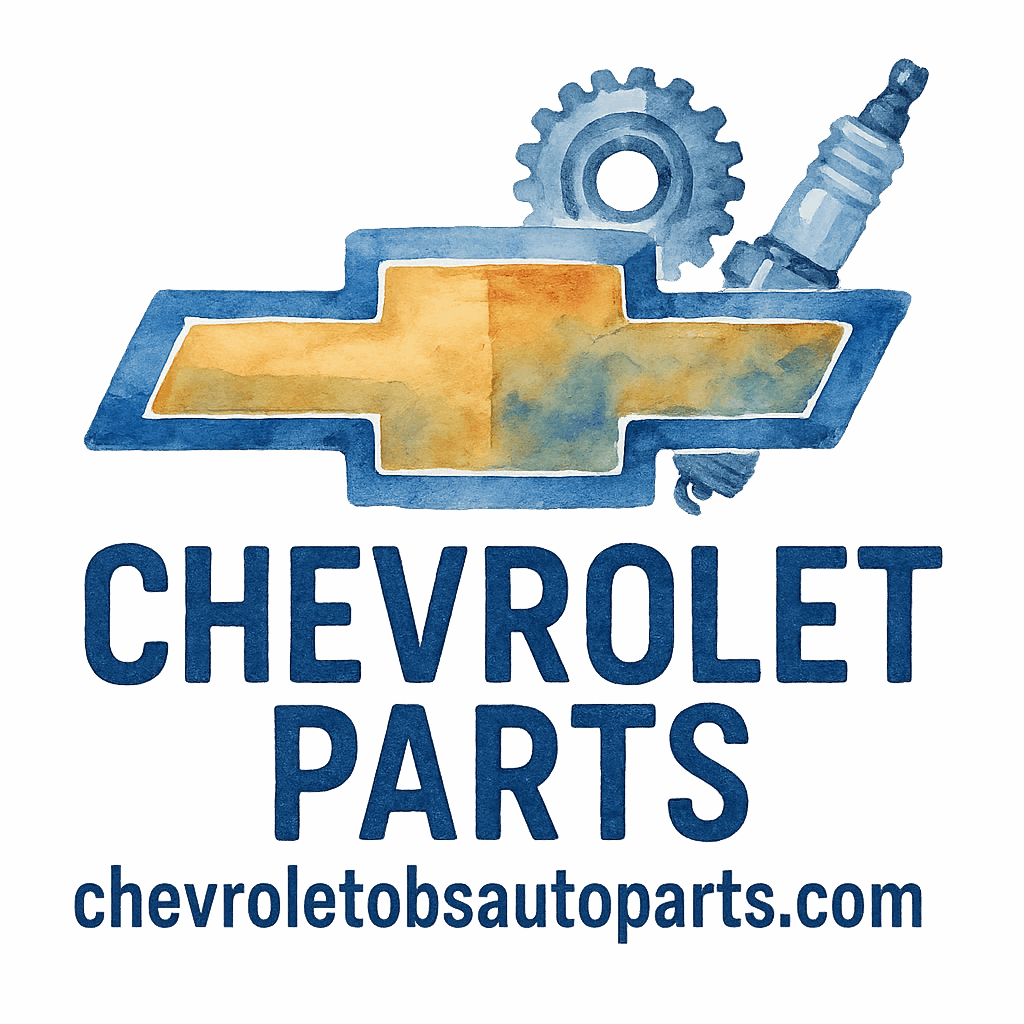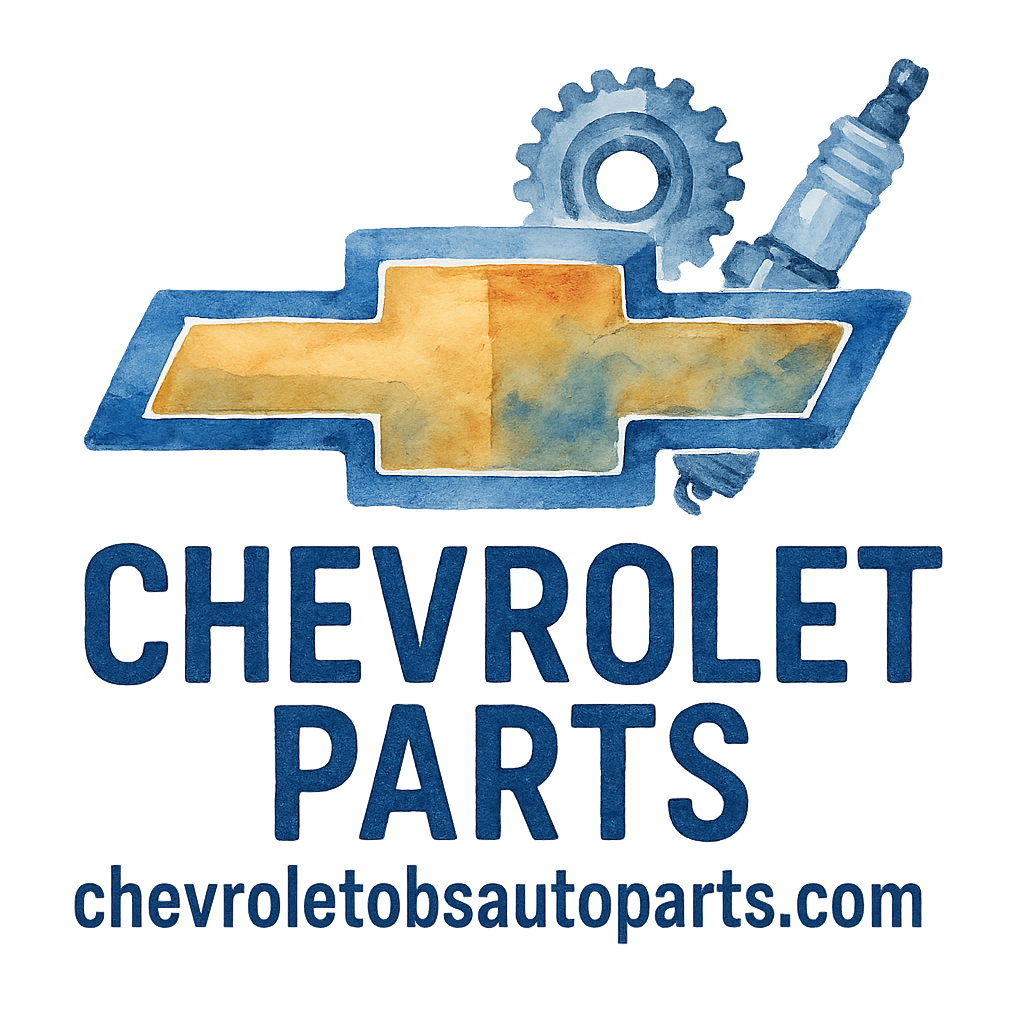Introduction
When it comes to maintaining or upgrading your beloved Chevy, there’s one golden rule every mechanic and car enthusiast will tell you: some parts should never be bought used. Sure, you might score a deal on a secondhand part, but ask yourself—is saving a few bucks worth the risk of failure, breakdown, or worse—compromising safety?
In this guide, we’re diving deep into 6 Chevrolet parts you should always buy new. No shortcuts. No compromises. Only solid advice that’ll keep your Chevy running like a dream and, more importantly, keep you safe on the road.
So buckle up, and let’s explore the parts you should never scrimp on.
Why Buying New Parts Matters
Safety and Reliability
Used parts come with unknown histories—were they salvaged from a wrecked car? Were they exposed to moisture or wear you can’t see? Buying new gives you peace of mind knowing your part is 100% functional and untouched.
Longevity and Warranty
New parts usually come with warranties, manufacturer support, and predictable lifespan expectations. Used ones? Not so much. It’s a gamble, and when it comes to parts like brakes or airbags, that’s a game you don’t want to play.

1. Brake Pads – Your Life Depends On It
Your Chevy’s brake pads are arguably the most important safety component. If they fail, stopping becomes a gamble—and that’s downright dangerous.
Signs You Need New Brake Pads
- Squeaking or grinding noise
- Longer stopping distances
- Dashboard warning light
Why Used Pads Are a Risky Bet
Brake pads wear out by design, and you never know how much life is left in used ones. Worse, they might have uneven wear, cracks, or contamination that affects performance.
Where to Buy New Brake Pads
Check out our trusted guide for maintenance and replacement parts to find quality OEM brake pads for your specific Chevy model.
2. Spark Plugs – Keep the Engine Smooth
Ever felt your engine misfiring or lagging during acceleration? Your spark plugs might be to blame. And guess what? Used spark plugs are a no-go zone.
When to Replace Spark Plugs
Generally, every 30,000 to 100,000 miles, depending on your Chevy model and plug type.
Performance Benefits of New Spark Plugs
- Better fuel efficiency
- Smoother acceleration
- Easier startups
Trusted Online Sources for Spark Plugs
Find genuine spark plugs for Chevrolet in our engine performance section—performance starts here!
3. Timing Belts – Avoid Engine Disaster
A timing belt synchronizes your engine’s internal components. If it fails, it could destroy your engine.
What a Timing Belt Does
It ensures that valves open and close at the right times. Any mistiming can cause catastrophic engine failure.
Dangers of Old or Used Timing Belts
Rubber degrades. Even if it looks fine, a used belt might snap under pressure. And that’s a $2,000+ repair job waiting to happen.
Recommended Replacement Intervals
Typically every 60,000–100,000 miles—check your Chevy’s manual.
4. Fuel Injectors – Precision Matters
Fuel injectors deliver the right amount of fuel at exactly the right time. They’re precision components, and precision doesn’t mix with secondhand.
Signs of Failing Injectors
- Poor fuel economy
- Engine sputtering
- Rough idling
New vs. Refurbished Injectors
Refurbished might seem fine, but they can clog up quickly. Only new injectors guarantee factory specs and reliability.
Best Places to Get Genuine Fuel Injectors
You’ll find the best replacement injectors in our engine performance section—no guesswork, just precision.
5. Airbags – No Compromises
Would you trust a used airbag? Hopefully not. Airbags are life-saving devices, and there’s zero room for error.
Airbag Lifespan and Functionality
Even unused airbags have a shelf life—around 10–15 years. Past that, they can malfunction or fail entirely.
Why You Should Never Buy Used Airbags
- They may have already been deployed
- Electronics can be damaged
- Safety isn’t guaranteed
How to Ensure You’re Getting a Genuine New Airbag
Stick to OEM-certified parts and avoid shady resellers. Our site lists trusted suppliers under the chevy service tag.
6. Battery – Power You Can Count On
Your Chevy’s battery is the unsung hero that powers everything from ignition to headlights. If it’s dying, you’ll feel it.
Signs Your Battery Needs Replacement
- Slow crank
- Dim headlights
- Corrosion on terminals
The Reliability of a Fresh Battery
A new battery ensures maximum cold-cranking amps and guaranteed lifespan—no guessing games.
Where to Buy New Batteries Online
Shop batteries via our trusted sellers list and keep your Chevy energized.
Tips for Buying New Chevrolet Parts Online
Avoiding Counterfeit Products
Always check for OEM labeling and seller reviews. Counterfeits can look identical but perform horribly.
Reading Reviews and Choosing Trusted Sellers
Use platforms that allow verified buyer reviews. Look for consistent ratings and detailed feedback.
Bookmark Reliable Resources
Keep our buying guide tips handy so you always know where to find the real deal.
Benefits of Maintaining OEM Standards
What Makes OEM Parts Different
OEM parts are designed specifically for your Chevy model. They’re factory tested, warranty-backed, and often last longer than aftermarket counterparts.
Longevity vs. Aftermarket or Used Parts
While aftermarket might be cheaper, they often lack the precise fit and durability of OEM parts. Used parts? They’re a gamble at best.
Conclusion
So there you have it—6 Chevrolet parts you should always buy new. Whether it’s for safety, performance, or peace of mind, skipping corners just isn’t worth it. Your Chevy deserves the best. And so do you.
Be smart. Stay safe. And when in doubt, choose new OEM parts from Chevrolet OBS Auto Parts. Your ride—and your wallet—will thank you in the long run.
FAQs
1. Can I save money by buying refurbished Chevrolet parts?
Yes, but only for non-critical components. For safety-related parts, always buy new.
2. How can I tell if a seller is offering genuine Chevy parts?
Look for OEM certifications, verified reviews, and check out our list of trusted sellers.
3. Are aftermarket parts ever a good option?
They can be—but only if they’re from reputable brands and not used as replacements for critical safety systems.
4. How often should I check for worn-out parts?
Every 6 to 12 months, or during your annual service—browse our annual maintenance tag for reminders.
5. What’s the biggest risk of buying used brake pads?
Reduced stopping power and uneven wear, which could lead to brake failure.
6. Can I install new Chevy parts myself?
Depends on the part. Things like spark plugs or batteries? Sure. Airbags or timing belts? Leave those to the pros.
7. Where can I find parts for interior upgrades?
Right here! Check out our collection for interior comfort and interior upgrades.


